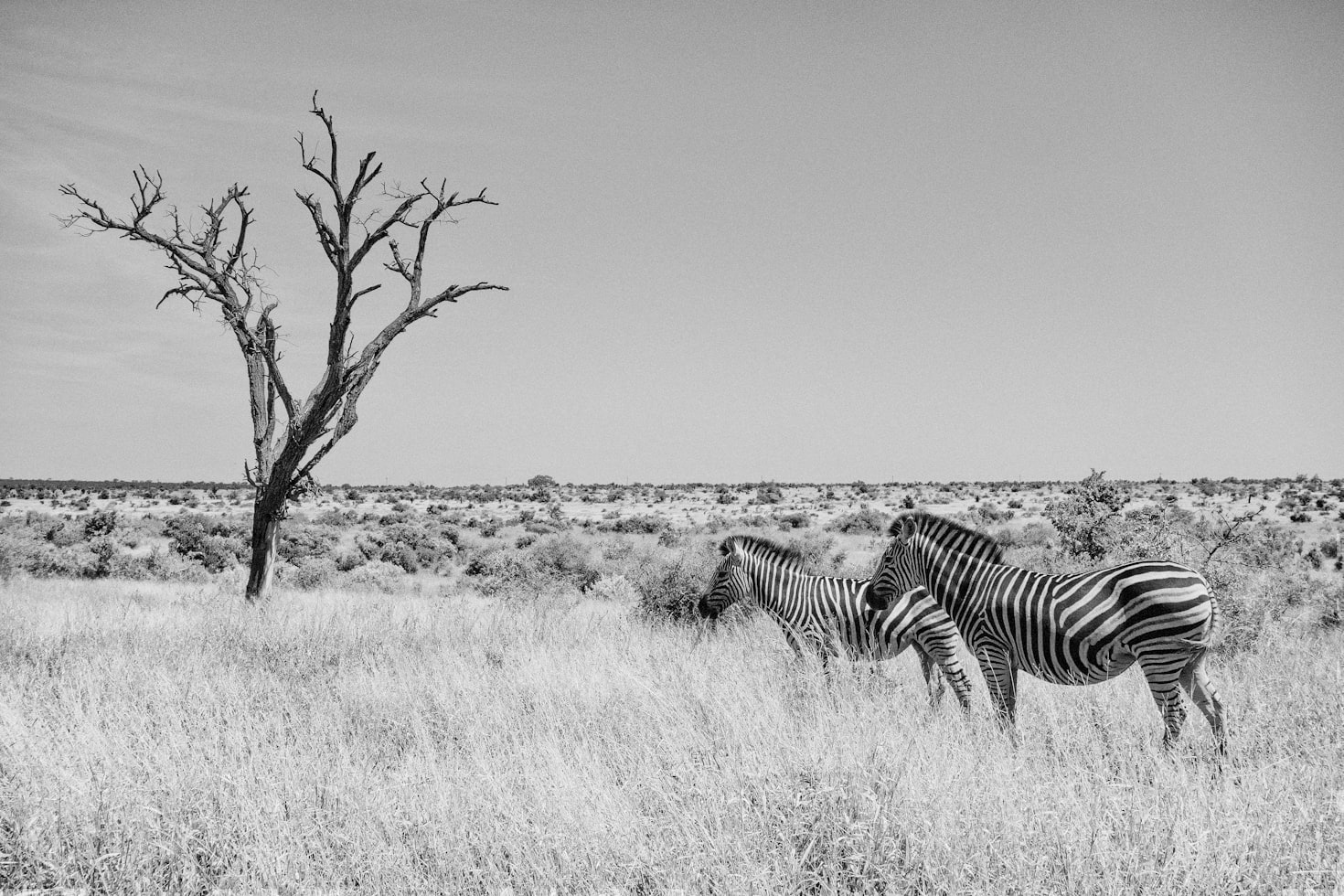The Benefits of Wildlife Tourism: Exploring the Economic and Educational Value of Wildlife Watching

Wildlife tourism, also known as ecotourism, involves visiting natural areas to observe and learn about wild animals and their habitats. This type of tourism can have a range of benefits, both economic and educational, for both local communities and the wildlife themselves. In this article, we will explore the benefits of wildlife tourism.
Economic Benefits
Wildlife tourism can provide a range of economic benefits for local communities, including:
- Job creation: Wildlife tourism can create jobs in the tourism industry, such as tour guides, accommodations, and transportation.
- Income generation: Wildlife tourism can also generate income for local communities through the sale of goods and services to tourists.
- Poverty reduction: Wildlife tourism can also contribute to poverty reduction by providing income and employment opportunities for people living in poverty.
- Conservation funding: Wildlife tourism can also provide funding for conservation efforts, such as the protection of wildlife and their habitats.
- According to a study by the World Wildlife Fund (WWF), wildlife tourism can generate significant economic benefits for local communities, with the potential to generate up to $320 billion annually by 2030.

Educational Benefits
In addition to economic benefits, wildlife tourism can also provide educational benefits. Wildlife tourism can:
- Increase awareness and understanding of wildlife and their habitats
- Encourage conservation and preservation of wildlife and their habitats
- Provide educational opportunities for children and adults
According to the International Ecotourism Society, wildlife tourism can provide an opportunity for people to learn about the importance of biodiversity and conservation, and to understand the role they can play in protecting wildlife and their habitats.
However, it is important to note that wildlife tourism can also have negative impacts on wildlife and their habitats if not managed properly. This includes disturbance of wildlife, destruction of habitats and spread of invasive species. It’s important to make sure that the tourism is sustainable and ethical.
Sustainable and ethical wildlife tourism
Sustainable and ethical wildlife tourism involves visiting natural areas in a way that minimizes negative impacts on wildlife and their habitats and ensures the well-being of local communities. This can include:
- Choosing tour operators and accommodations that are committed to sustainable and ethical wildlife tourism
- Being mindful of the impacts of your visit on wildlife and their habitats
- Supporting conservation efforts through your visit
According to the United Nations World Tourism Organization, sustainable wildlife tourism can help to promote conservation, protect wildlife and their habitats, and generate income and employment opportunities for local communities.
In conclusion, wildlife tourism can have a range of benefits, both economic and educational. Wildlife tourism can provide economic benefits, such as job creation and income generation, as well as educational benefits, such as increased awareness and understanding of wildlife and their habitats.
However, it is important to make sure that tourism is sustainable and ethical to minimize negative impacts on wildlife and their habitats. By choosing sustainable and ethical tour operators, being mindful of the impacts of your visit, and supporting conservation efforts, we can ensure that wildlife tourism provides benefits for both people and wildlife.
References:
- https://www.worldwildlife.org/blogs/sustainability-works?month=7&year=2022
- New economic drivers for conservation in Africa | Magazine Articles | WWF
- How gorilla tourism can benefit wildlife and people | Stories | WWF
- Ecotourism – World Wildlife Fund
- The International Ecotourism Society
- What Is Ecotourism
- What Is Ecotourism? (The History & Principles of Responsible Travel)
- The World Travel & Tourism Council Announce Collaboration with UNWTO and Sustainable Hospitality Alliance at COP15
- Sustainable development | UNWTO
- Sustainable tourism | Department of Economic and Social Affairs
- UNWTO Elibrary
- Sustainable Development of Wildlife Tourism in Asia and the Pacific
- Part one of the UN Biodiversity Conference (COP-15)
- Convention on Biological Diversity – Wikipedia





